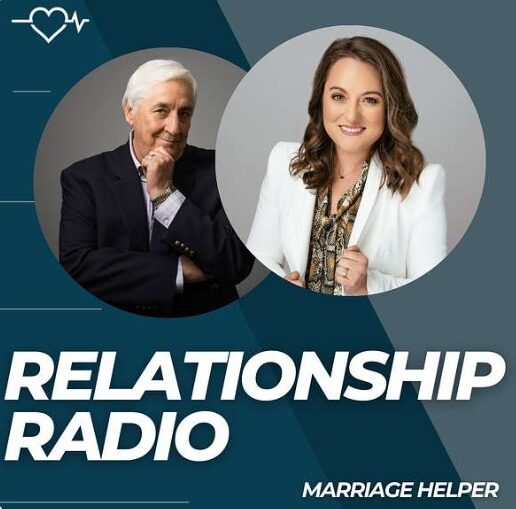The Truth About Marriage Counseling
Introduction: In this episode of Relationship Radio, Dr. Joe Beam, a renowned figure in relationship counseling, and Kimberly Holmes, CEO of Marriage Helper, offered insightful perspectives on the nuances of marriage counseling. Their conversation, grounded in extensive experience and a research-based approach, sheds light on the complexities inherent in the field of marriage counseling and the potential of alternative methods like workshops in facilitating marital healing and growth.
Understanding the Role of Marriage Counseling: Dr. Beam begins by clarifying a common misconception: he is not against marriage counseling per se but emphasizes the importance of selecting an appropriate counselor. The discussion pivots to Kimberly Holmes’ experiences, where she reflects on her transition from marriage and family therapy to psychology. This shift was influenced by her observation of the remarkable transformations achieved in couples over a short period in Marriage Helper workshops, compared to the prolonged and often stagnant progress in traditional counseling settings.
The Challenges of Traditional Counseling: One significant challenge highlighted is the bias that counselors may inadvertently introduce based on their personal experiences. This bias can influence their approach to therapy, potentially hindering the objective assessment and treatment of marital issues. Holmes and Beam stress the importance of viewing the marriage as the client rather than focusing on the individuals. This approach fosters a more holistic and effective therapeutic process.
Ethical Considerations and Counselor Bias: The conversation further explores the ethical dilemmas faced by counselors. It is noted that some counselors might prioritize the wellbeing of one spouse over the marital union, leading to recommendations that may not serve the marriage’s best interests. The need for counselors to be aware of their biases and to strive for impartiality is emphasized as crucial for the integrity of the counseling process.
The Efficacy of Workshops: Holmes shares her firsthand experience with the efficacy of Marriage Helper workshops. The group dynamic, the concentrated timeframe, and the focus on positive relationship aspects create an environment conducive to rapid and profound changes in couples. This approach contrasts with traditional counseling, which often dwells on the negatives and problems within the marriage.
Setting Expectations with a Counselor: Dr. Beam and Holmes advise couples to establish clear expectations and boundaries with their counselors from the outset. This includes ensuring that the counselor views the marriage as the client and is committed to working towards its betterment rather than facilitating separation or prioritizing individual happiness.
Conclusion: This discussion between Dr. Joe Beam and Kimberly Holmes provides a nuanced view of marriage counseling, highlighting its benefits and limitations. Their insights underscore the importance of a well-chosen counseling approach and the potential advantages of alternative methods like workshops. For couples navigating marital challenges, this conversation offers valuable guidance and a hopeful perspective on the journey towards a healthier, stronger relationship.
7 STEPS TO RESCUE YOUR MARRIAGE
Your husband or wife has said your marriage is over and they’re ready to move on with their life. Where does this leave you?
We have helped thousands of people in this exact situation. You are not without hope and it’s not too late to make a difference in your marriage.
This is what the divorce lawyers don’t want you to hear. Click the link below to learn the 7 Steps to Rescue Your Marriage!
SAVE YOUR MARRIAGE
WE WANT TO HELP
At Marriage Helper, we’ve walked alongside thousands of couples and spent decades researching what really works to strengthen marriages. Our goal is to provide you with practical, research-backed guidance—like the free information you’ve found on this page—because we genuinely care about helping marriages thrive. If you’re ready to go deeper, our workshops, membership, and one-on-one coaching offer even more tools, insights, and personalized support to help you navigate your unique journey and create lasting change in your relationship.
Our intensive Marriage Helper Workshop has a remarkable 70% success rate in saving marriages, even if your spouse is reluctant or unwilling to participate. And here’s what’s even more encouraging: 99% of participants recommend our program to others, regardless of their ultimate outcome.
Learn more about:



